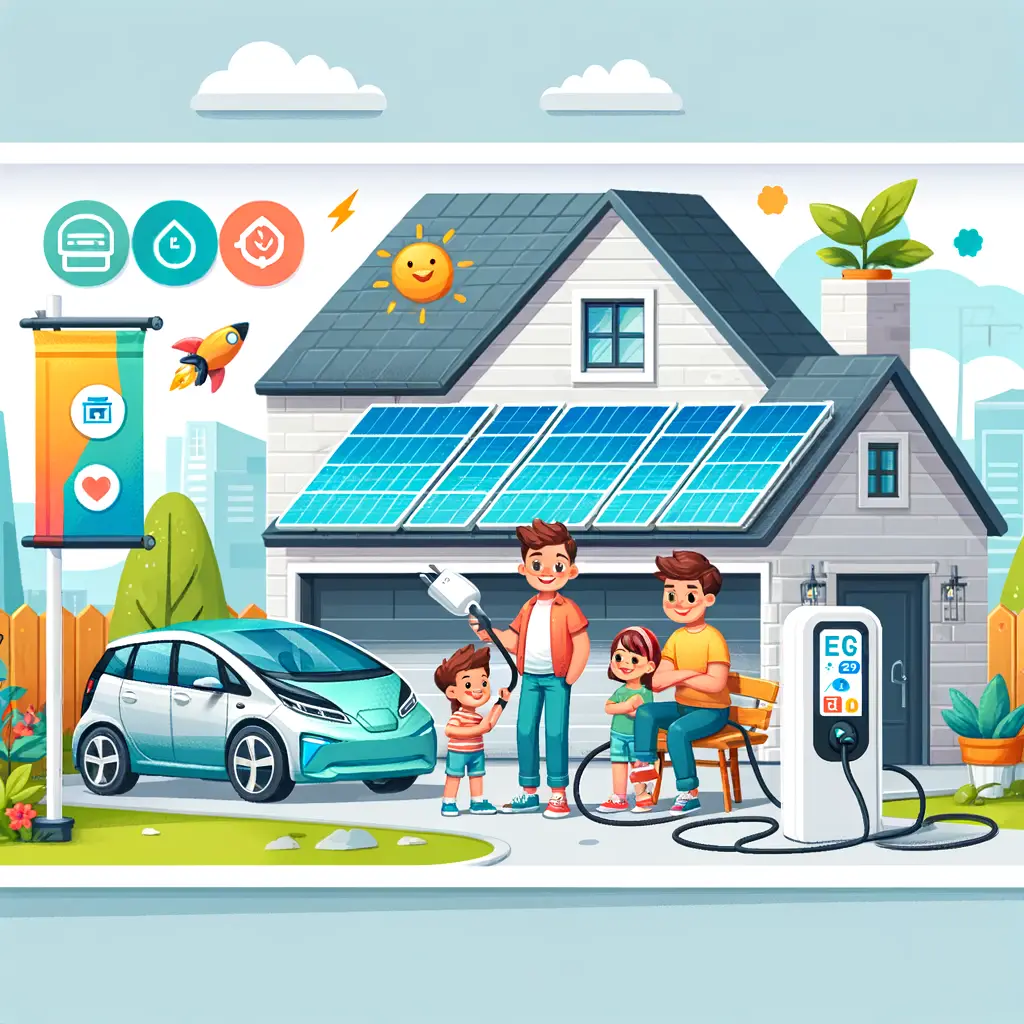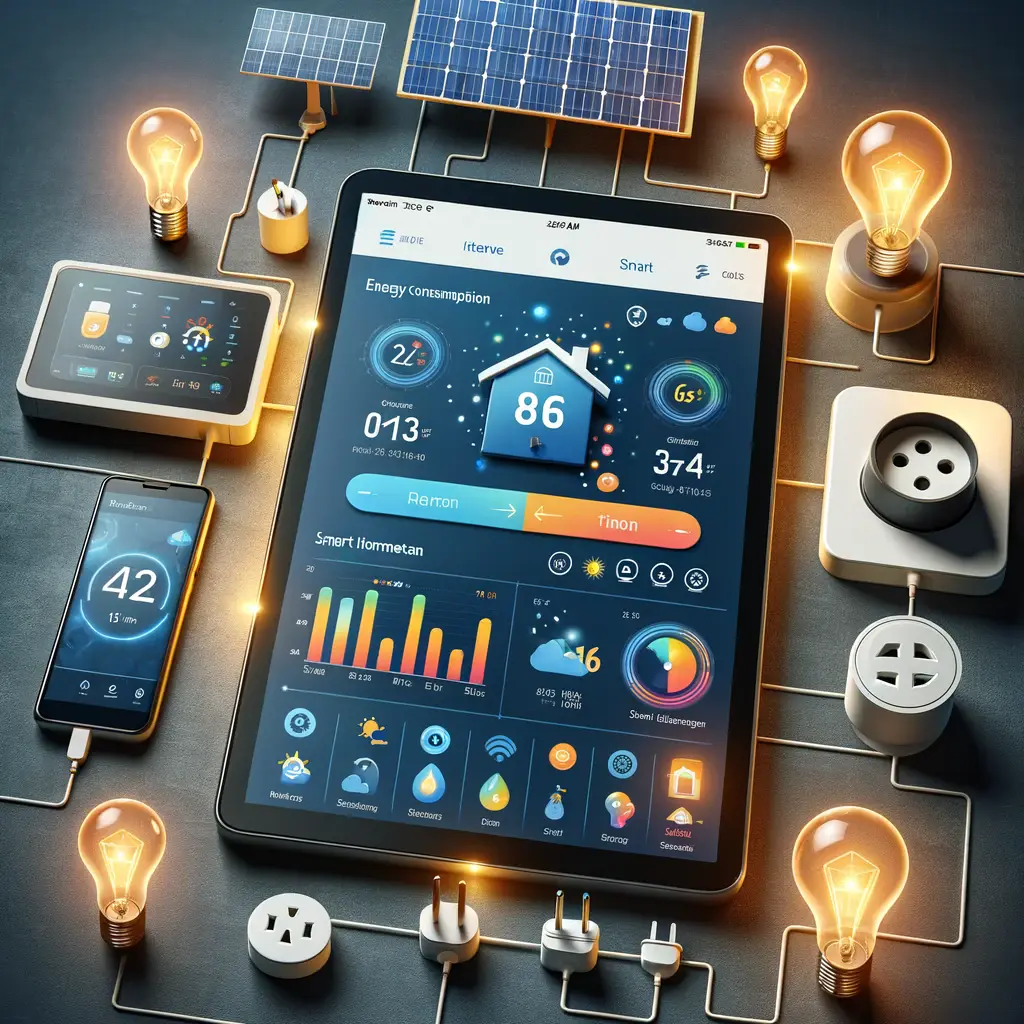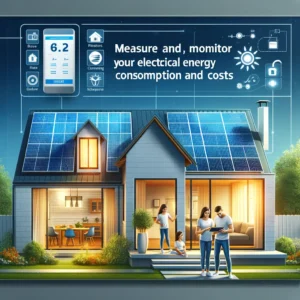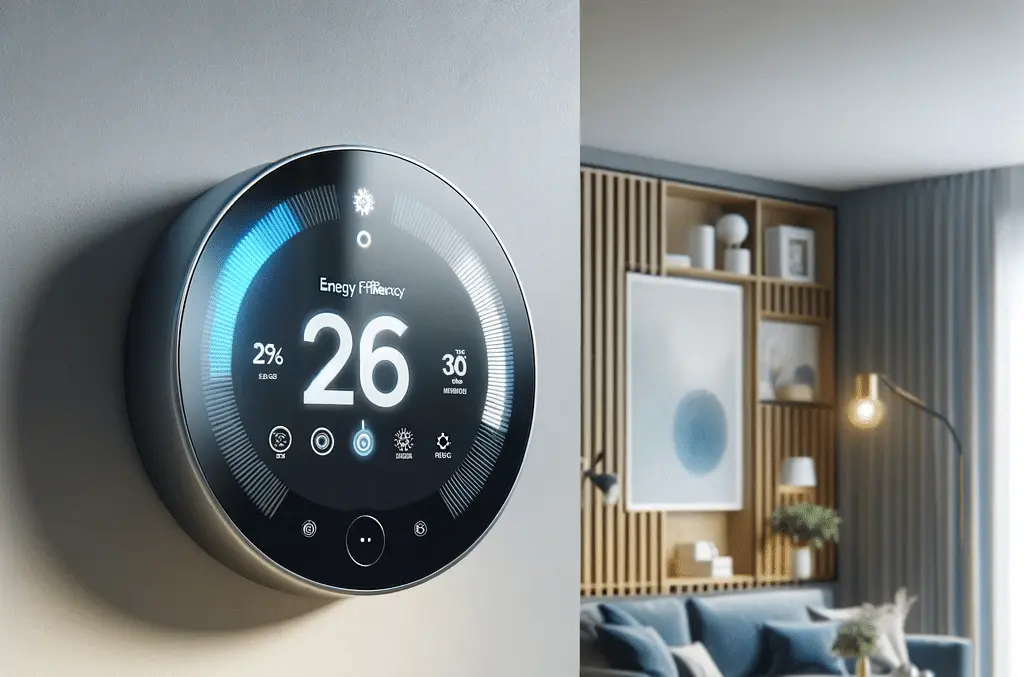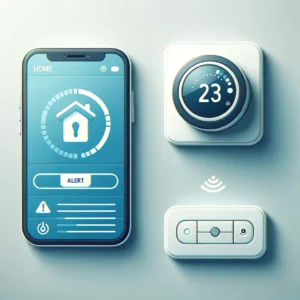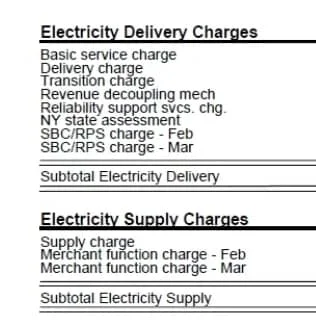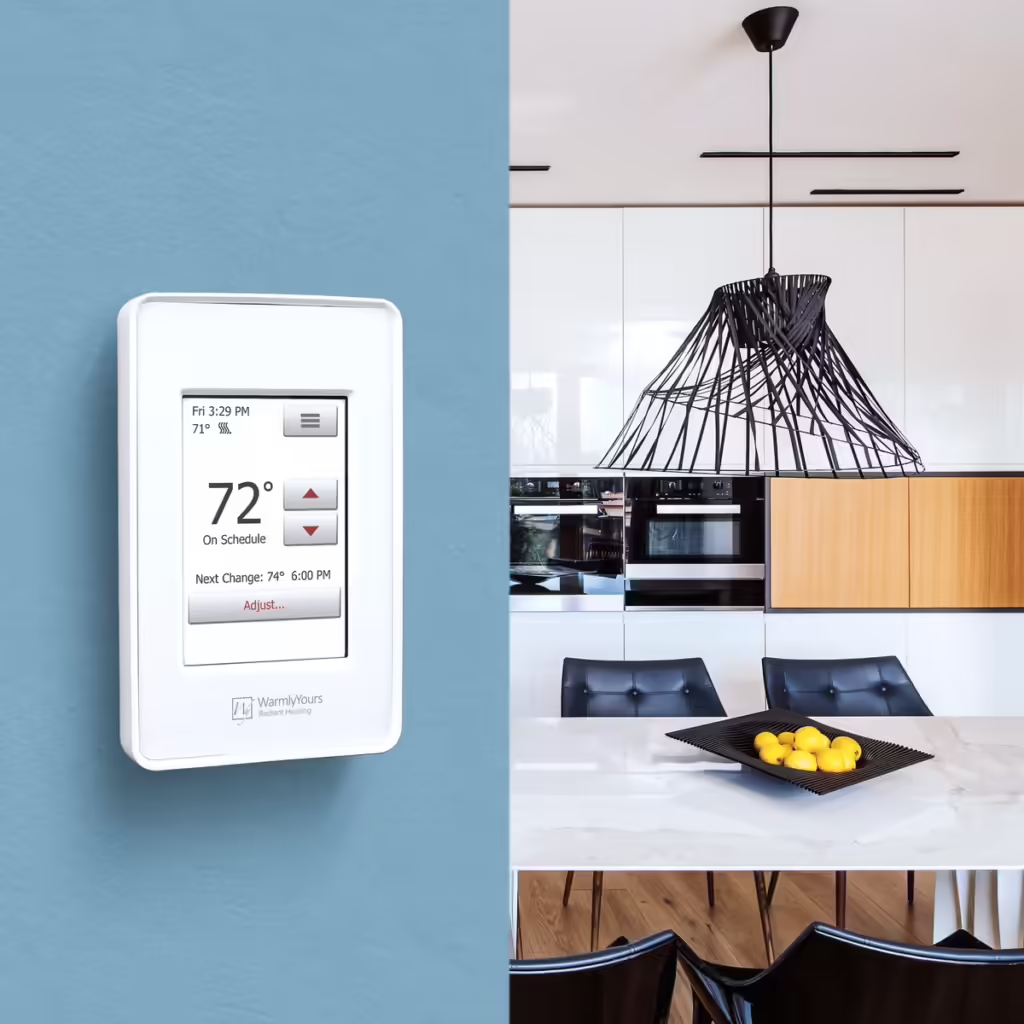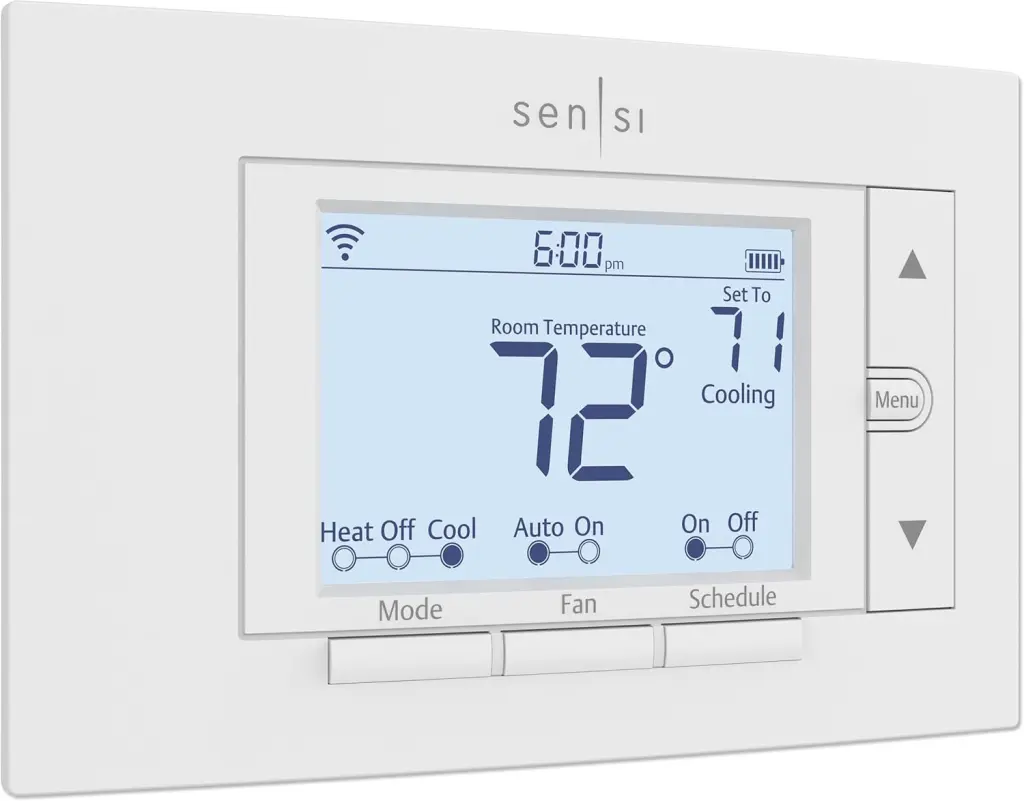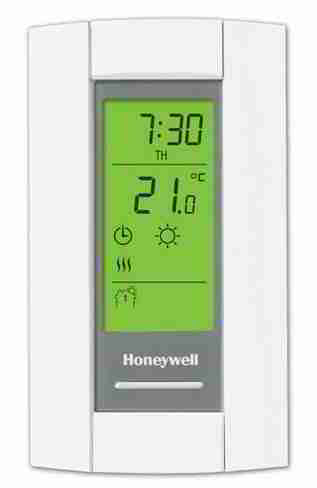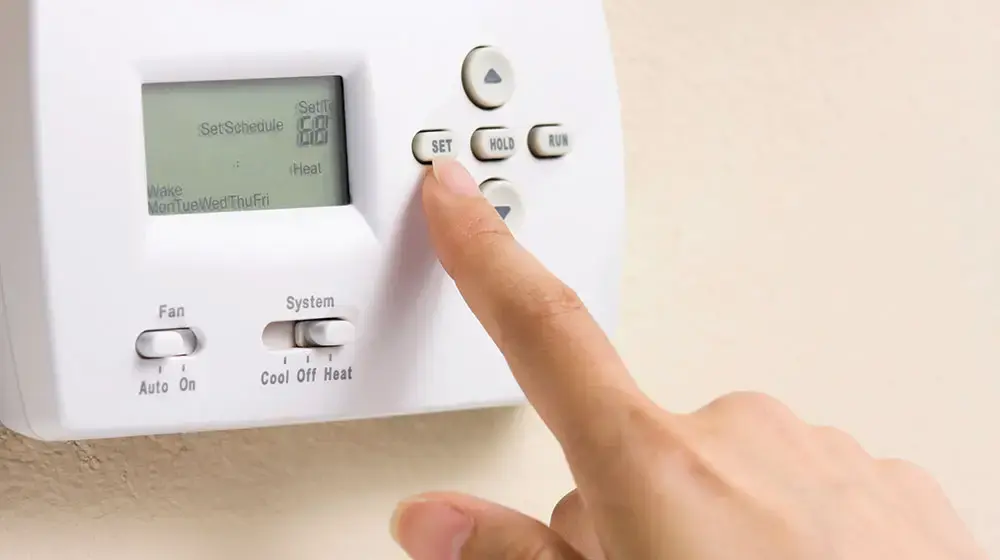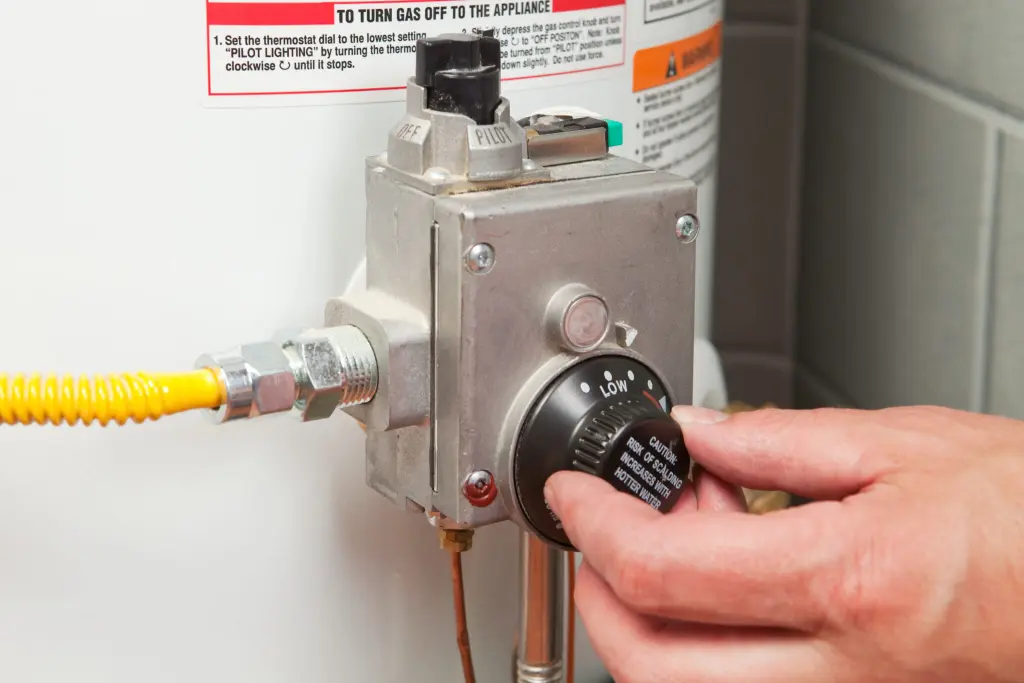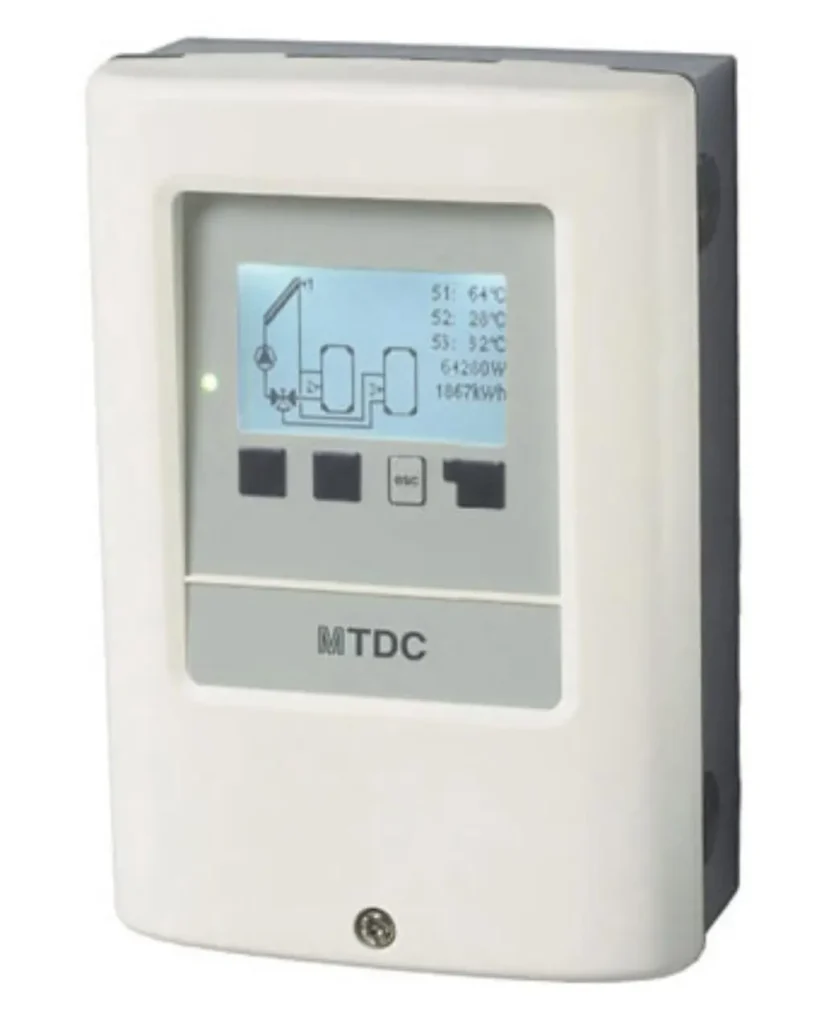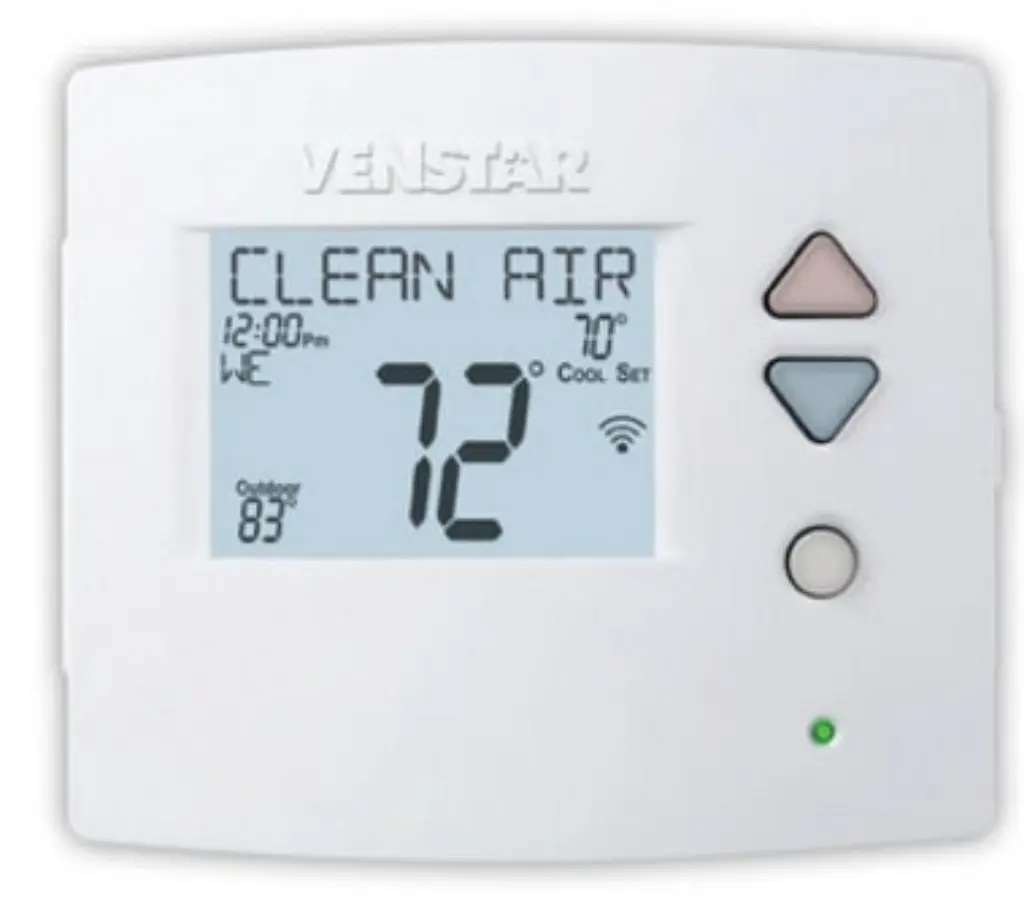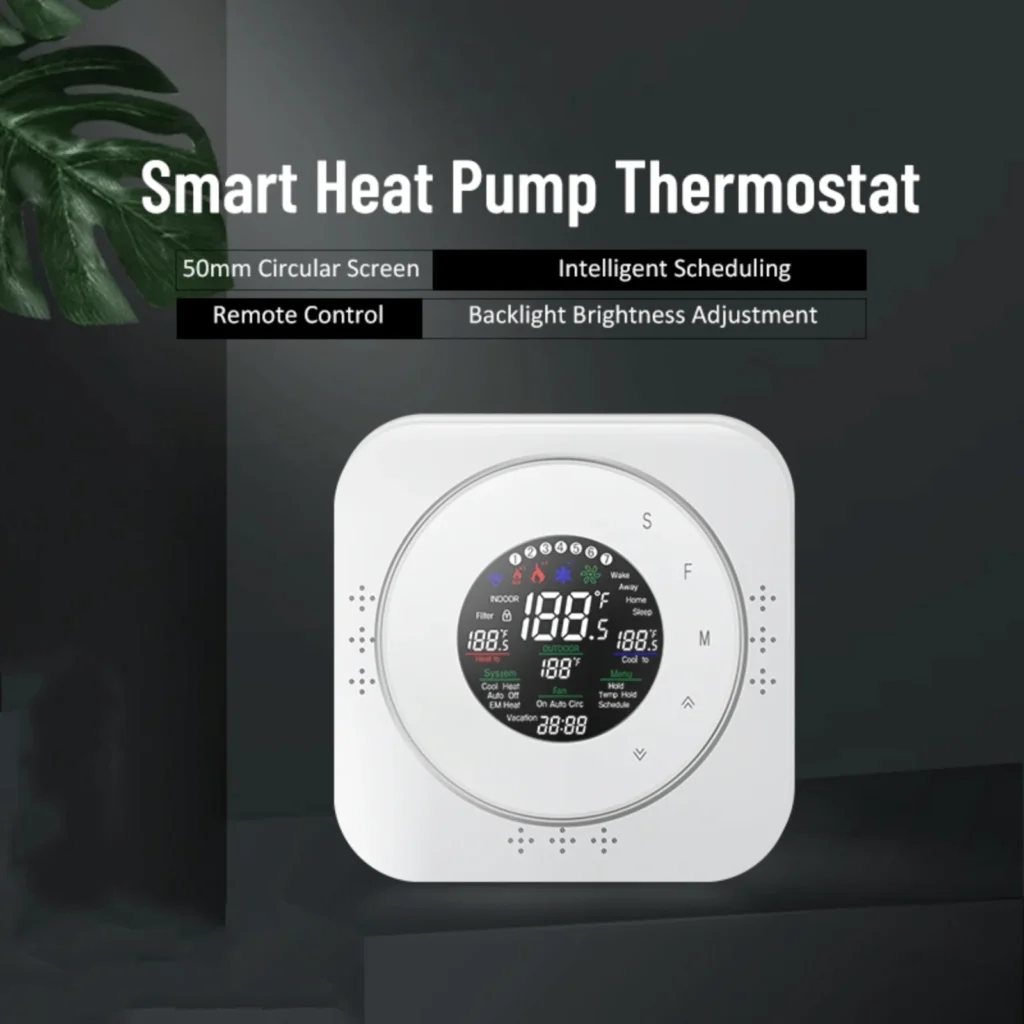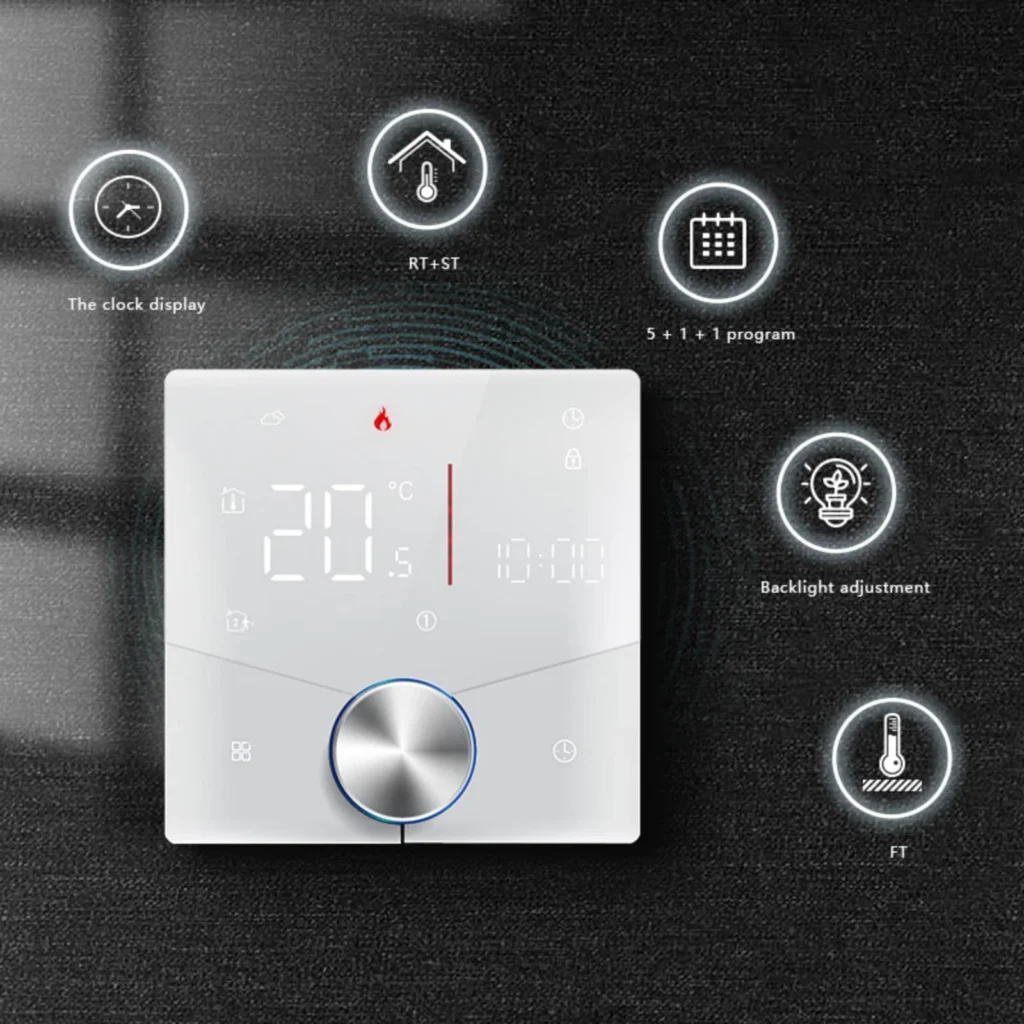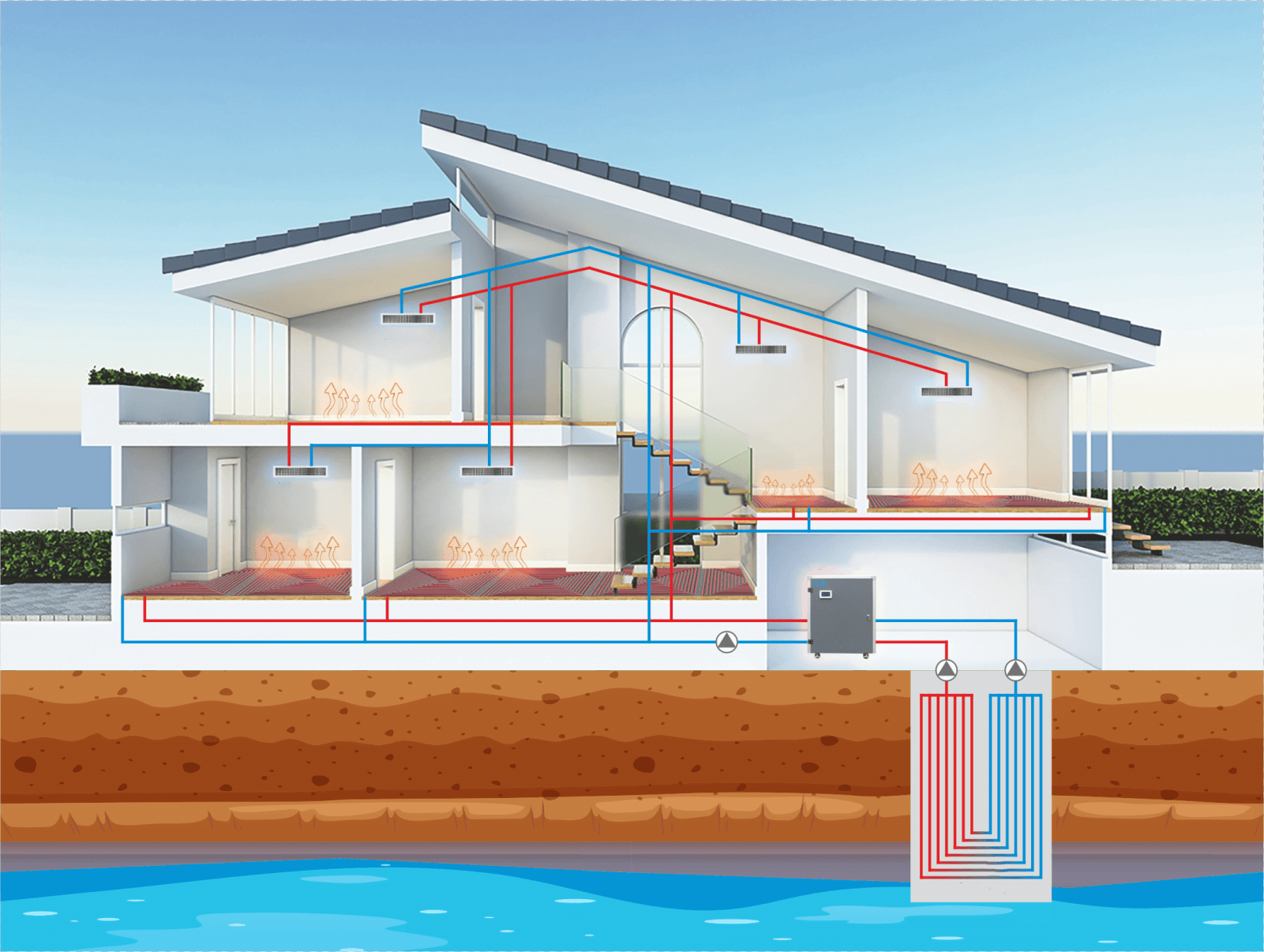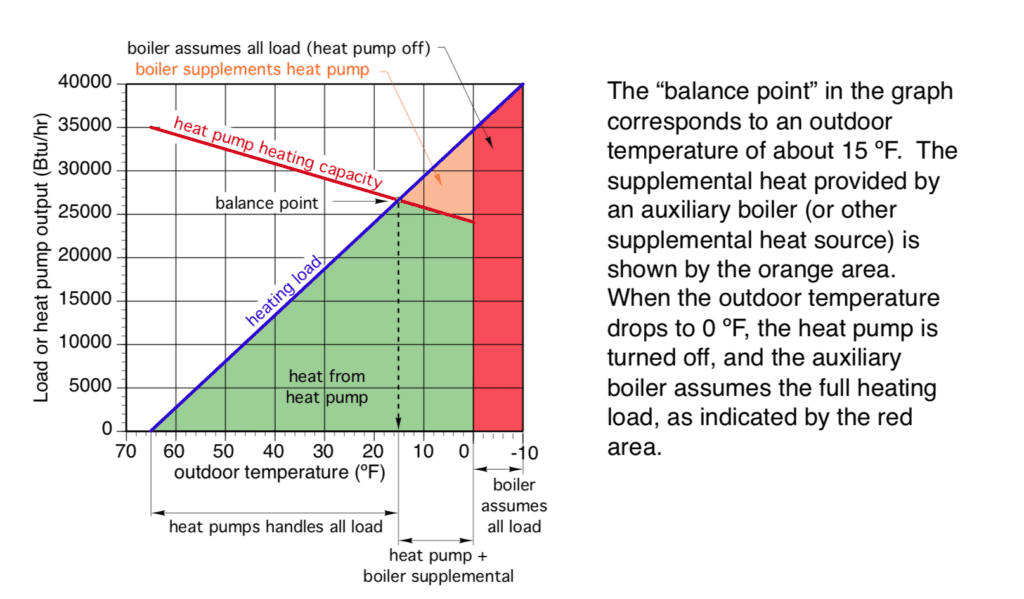
On June 14, 2024, California Governor Gavin Newsom announced a significant initiative to alleviate water and wastewater debt for millions of residents across the state. The Water and Wastewater Arrearage Payment Program will provide nearly $880 million to clear the debts of over 1.3 million households and businesses (means 4 Million Residents). This move is part of a broader effort to address the economic hardships exacerbated by the COVID-19 pandemic and ensure access to essential services for all Californians.
2024 Water and Wastewater Arrearage Payment Program Details
The Water and Wastewater Arrearage Payment Program is an initiative designed to provide financial assistance to California residents and businesses who have fallen behind on their water and wastewater bills. This program was created in response to the economic hardships exacerbated by the COVID-19 pandemic, which left many unable to pay their utility bills.
- Funding Amount: Nearly $880 million
- Funding Source: American Rescue Plan
- Target: California Residential and commercial customers with unpaid water and wastewater bills
Historical Context
California’s efforts to address water debt began early in the pandemic. In April 2020, Governor Newsom issued an executive order prohibiting water shutoffs for non-payment. This moratorium provided immediate relief to thousands of households but also highlighted the growing issue of unpaid utility bills.
In 2021, California launched the first round of the arrearage payment program, allocating $250 million to reduce water debt for over 500,000 households. This initial effort significantly alleviated the financial burden on many families. However, the ongoing pandemic revealed the need for additional support, leading to the current expansion of the program.
Data and Comparisons
The 2024 iteration of the Water and Wastewater Arrearage Payment Program represents a substantial increase in both funding and scope:
- 2021 Program: $250 million, assisting over 500,000 households
- 2022 Program: $385 million, assisting water and wastewater systems
- 2023 Program: Extended COVID Relief Period with $600 million allocated for water and wastewater debt
- 2024 Program: Nearly $880 million, assisting over 1.3 million households and businesses
One of the key beneficiaries will be Los Angeles, receiving approximately 30% of the total funds. This allocation will help the Los Angeles Department of Water and Power (LADWP) and Los Angeles Sanitation and Environment (LASAN) clear arrearages for about 204,000 customers.
Implementation and Oversight
The California State Water Resources Control Board will oversee the program’s implementation. Funds will be allocated based on the proportion of arrearages reported by water and wastewater service providers. Priority will be given to areas with the highest levels of unpaid bills. Service providers will be encouraged to implement payment plans and assistance programs to help customers manage their bills more effectively.
Social and Long-Term Effects
The Water and Wastewater Arrearage Payment Program is expected to have far-reaching social and economic effects. By alleviating the financial burden of water debt, the program will help families and businesses recover more quickly from the economic downturn caused by the pandemic. Ensuring access to clean water and proper sanitation is essential for public health and community well-being.
Table of Historical Data
| Year | Program Name | Funding Amount ($) | Households Assisted | Businesses Assisted | Total Beneficiaries | Percentage of Total Funds Allocated to Los Angeles | Los Angeles Customers Assisted |
|---|---|---|---|---|---|---|---|
| 2021 | First Arrearage Payment Program | $250,000,000 | 500,000 | N/A | 500,000 | N/A | N/A |
| 2022 | California Water and Wastewater Arrearage Program | $385,000,000 | N/A | N/A | N/A | N/A | N/A |
| 2023 | Extended Water and Wastewater Arrearage Program | $600,000,000 | N/A | N/A | N/A | N/A | N/A |
| 2024 | Water and Wastewater Arrearage Payment Program | $880,000,000 | 1,300,000 | 50,000 | 1,350,000 | 30% | 204,000 |
This table provides an overview of California’s water debt relief efforts from 2021 to 2024, highlighting the increasing commitment to addressing this critical issue.
Conclusion
The 2024 Water and Wastewater Arrearage Payment Program represents a significant investment in the well-being of California’s residents. By providing nearly $880 million to clear water and wastewater debt, the program will benefit over 1.3 million households and businesses, ensuring access to essential services for more than 1.35 million residents. This initiative reflects California’s ongoing commitment to addressing the economic challenges of the pandemic and building a more equitable and sustainable future.
